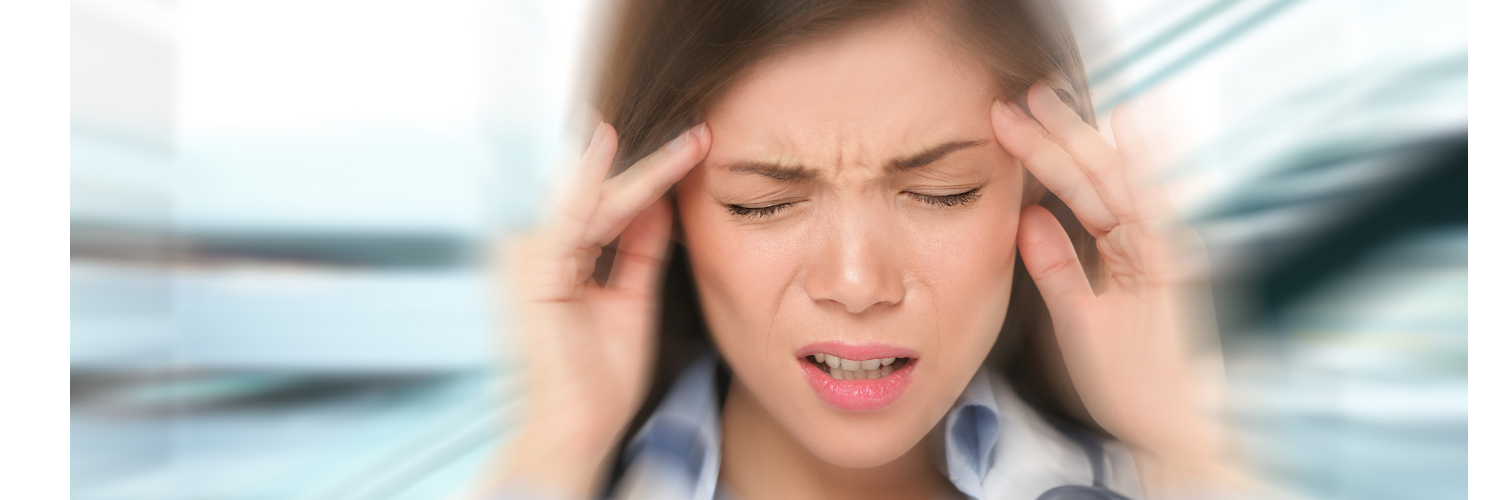
Migraine prevention in the workplace
This week marks ‘Migraine Awareness Week’.
1 in 7 people experience migraines- some may have migraine attacks only once or twice a year while others experience attacks two or three times a week, greatly affecting their lives.
Considerable stigma remains regarding the condition; a general lack of understanding from employers, the public and migraine sufferers themselves mean many feel they are unable to mention their condition without being scrutinised, appearing unreliable.
Migraine attack’s cause severe pain, drastically impairing productivity levels, resulting in agony for employees and increased costs for employers. Many sickness absence policies focus on minimising the frequency of short term absence, which may penalise genuine sufferers. Migraine/chronic headache was the second most frequently identified cause of short-term absence (47%) for non-manual employees, with many using it as an ‘excuse’ for taking sick leave. This unfairly reduces the legitimacy of genuine cases, causing employees to attend work despite being unwell out of fear of facing a disciplinary.
As affiliates of Worcestershire Works Well, Hewett Recruitment are proud to be a healthy workplace. We do all that we can to ensure our staff and candidates are fully trained and aware of appropriate procedure to minimise cases of ill-health, including migraine attacks.
How can you reduce migraine triggers in the workplace?
The environment
Warm, humid rooms, loud noises and exposure to glare or flickering lights are all things that have been associated with migraines. If you’re working in such an environment, protective measures must be taken. Ensure your working in a well-lit, ventilated room.
Desk Work
Sitting in front of screens for long periods of time can trigger problems for those whom experience migraines. Ensure you are working in well-lit areas, using anti-glare screens and take regular breaks to rest your eyes and minimise strain. Furthermore, it’s essential you are sitting comfortably when using a computer, with the screen at eye level to reduce any tension- a frequent cause of headaches.
Caffeine
Excessive consumption of caffeine may contribute to the onset of a migraine attack. This is a common issue in workplace environments, with many opting for a hot beverage over a glass of water, leading to dehydration, another common trigger. It is recommended that you drink at least 8 glasses of water per day, while consuming no more than 4 or 5 cups of tea, coffee or fizzy drinks.
Stress
Migraines and stress are strongly linked. Indeed, anxiety, excitement and any form of pressure and shock may all lead to a migraine attack. If you’re feeling stressed, it’s important you speak with a supervisor to discuss a solution and resolve the situation.
Sleep
Stress often leads to lack of sleep. Some people find that sleepless nights, a number of late nights and being over tired can trigger a migraine. Other people find that sleeping in or dozing in the mornings has the same effect. A well-balanced sleep regime should reduce your risk of suffering from migraines.
Want to find out more about migraine prevention?
If you’re concerned about migraines, we recommend seeking medical advice from your GP. For more information, visit: https://www.migrainetrust.org/